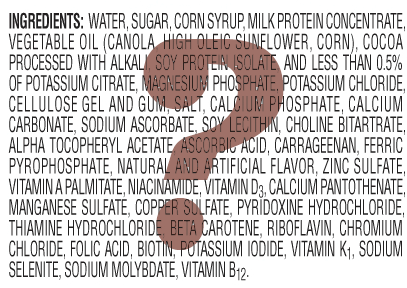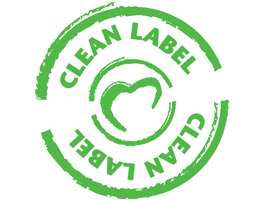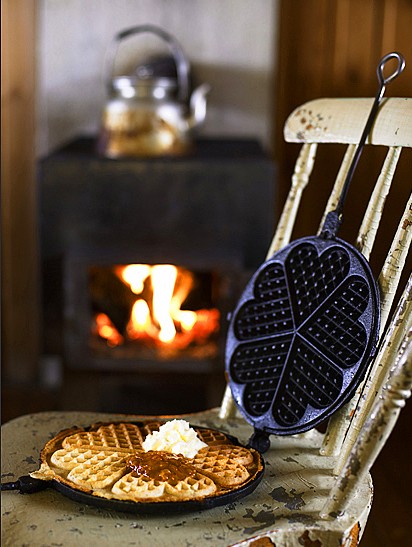
 Continuing our series on the Clean Label Initiative, today we look at the claims “100%” and “pure”.
Continuing our series on the Clean Label Initiative, today we look at the claims “100%” and “pure”.
Just what does the phrase “100 percent olive oil” mean? Olive oil that has been mixed with hazelnut, soybean, corn, peanut, vegetable, or canola oil can still carry the label “100% olive oil.”
Closer to our hearts (and our sweet tooth), more than three-fourths of the honey sold in US stores isn’t what is claimed on the label, according to Vaughn Bryant, PhD, professor of anthropology at Texas A&M University. He regularly tests honey in grocery stores. Additionally, imported honey may contain pesticides and antibiotics. Some companies also add cane, corn, or beet sugar, as well as rice syrup and high-fructose corn syrup.
We want you the consumer can know that we do not add anything to our maple syrup. Fresh, pure sap straight from the tree—and NOTHING else— is put on the boil. When enough water has evaporated that the sap is roughly 2/3rd sugar by weight, the sugars have also caramelized, imparting a color to the sweet syrup that ranges from Golden to Dark. That is our process. So, when we put the word “Pure” on our label, that means that what is inside is maple syrup and nothing else.
The International Maple Syrup Institute (IMSI) as a whole takes claims like “100% Pure” very seriously, and provides adulteration testing to its members. As the IMSI states on its website, “It is noteworthy that in 2011 the Vermont Agency of Agriculture, Food and Markets reported that one of the syrup samples submitted for adulteration testing using the IMSI’s program was found to test positive for adulteration with test results indicating that the sample was 100% cane sugar. This case has been taken to court by the US Food and Drug Administration and a conviction was obtained. This single adulteration test finding was also considered when Vermont legislators recently introduced proposed legislation at the federal level to stiffen penalties, making adulteration of maple syrup a felony.” (link)
The IMSI has also come up with a strict definition of “pure maple syrup,”[1. http://www.internationalmaplesyrupinstitute.com/uploads/7/0/9/2/7092109/maple_card_4x6_wbleed_eng.pdf] one which we wholeheartedly endorse and follow. To be called Pure Maple Syrup, it must:
- Be produced exclusively by the concentration of maple sap or by the solution or dilution of a maple product other than maple sap[2. By “maple product”, the IMSI is referring to maple sap that has had more of the water removed than maple syrup, such as maple butter or maple sugar. In other words, you can dissolve maple butter or maple sugar in water and still call it syrup] in potable water
- Have minimum soluble solids of 66%
- Have maximum soluble solids of 68.9%
- Comply with appropriate federal and state/provincial regulations and policy directives (e.g. labeling, standard containers, establishment registration)
- Have proper determination of grade and colour class
- Be traceable to batch (daily production)
Coombs Family Farms supports the Clean Label Initiative, and believes that consumers should know what they are putting in their food and their bodies. Our 100% Pure Maple Syrup is just that—syrup, and nothing else.


